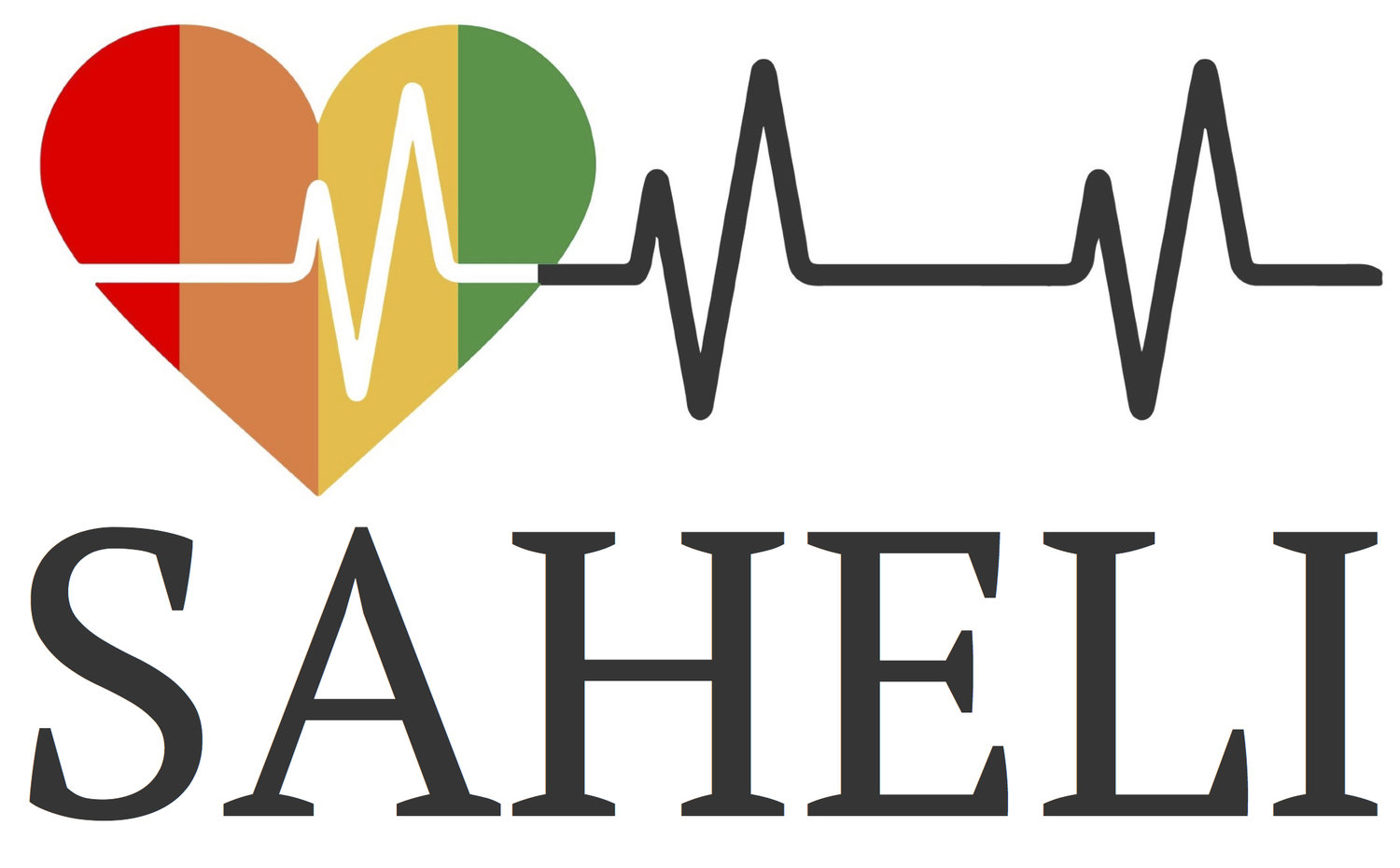What is your academic background and current affiliation?
I am first year MD/MPH student at the Feinberg School of Medicine and studied Computational Biology & Genomics and Healthcare Management at Washington University in St. Louis
What are your current research interests?
I am passionate about cardiovascular disease prevention in the South Asian community. Specifically, I am interested in exploring how cultural norms affect peoples’ engagement in health promotion efforts and creating community-based culturally competent health programs.
What excites you about your research field?
As a South Asian woman, I am very excited to work with a community that I identify with and build relationships with the program participants. In addition, as a medical student, I’m learning about various health recommendations and the importance of preventive health, and I look forward to applying that knowledge to improve the health of actual individuals.
What are two important take-home points from your research?
Two main learnings I’ve taken away from my research is the importance of stakeholder input and power of dissemination and implementation work. The projects I am working on have been founded on community needs assessments which have revealed many barriers and strengths that I had not previously considered. In addition, I’ve really enjoyed learning about culturally competent D&I methods since this form of research completes the scientific pipeline, making sure medical knowledge reaches individuals.
How does you work support community priorities and health equity?
My work promotes health equity by working towards the goal that everyone has access to health information and identifying factors that affect an individual’s ability to prevent disease. I will be exploring how cultural norms influence health decisions through diet and barriers for physical activity and hope to improve the health of South Asian community, which has historically been understudied and not well understood.
How did you identify your mentor?
I wanted to work with Dr. Kandula because of her expertise in community engaged work, specifically with the South Asian community. I was also very interested in how she works at the intersection of population and community health and hope to learn more about how those fields of research differ and influence each other.
What is the most valuable piece of advice you have received from a mentor?
The best piece of advice I received was to remember that I am still learning as a student and to be flexible with myself and expectations. While I strive to produce the best products and have a strong plan, this can be especially challenging with community-based work since it is dynamic and requires adaptations to best fit the needs of the individuals we are working with.
What are key tips and tricks to maintaining “mentor-mentee” relationships from your experience?
I’ve found that the key to maintaining a strong relationship is allowing curiosity and authenticity and not being afraid to ask questions. My mentors have always appreciated that enthusiasm, and it’s a great way to learn more about their thought and ideation processes.
What is your favorite thing to do when you are not working?
I really enjoy staying active and spending time outdoors. I love playing badminton, swimming, weightlifting, and going on walks.

